New England whaling crews were made up of a diverse community of men.

They often included local New Englanders, white Europeans, African Americans, Native Americans, and Polynesians. Whaling attracted all sorts of men because whaling ships offered more freedom and less prejudice than other jobs or trades at that time, thanks in large part to the Quaker ship owners and captains that dominated the industry in the late 1700s and early 1800s. Most Quakers were abolitionists and active in the Underground Railroad, which brought them into contact with fugitive slaves. Quakers often did not hesitate to hire nonwhite men as crew members or waterfront workers. Ships also picked up crew along the way. Cape Verde, a group of islands off the coast of northern Africa, became a regular stopping place for whalers to enlist additional crew. Sometimes, a captain’s wife and children went on the journey, too.
The ship’s owner bore the expense of outfitting his vessel. He made sure it was supplied with food and water, as well as the material to repair its whaleboats, to replace frayed rigging, and to mend or replace sails. The owner’s profit came only at the conclusion of a journey and after the crew had been paid.
この記事は Cobblestone American History Magazine for Kids の September 2017 版に掲載されています。
7 日間の Magzter GOLD 無料トライアルを開始して、何千もの厳選されたプレミアム ストーリー、9,000 以上の雑誌や新聞にアクセスしてください。
すでに購読者です ? サインイン
この記事は Cobblestone American History Magazine for Kids の September 2017 版に掲載されています。
7 日間の Magzter GOLD 無料トライアルを開始して、何千もの厳選されたプレミアム ストーリー、9,000 以上の雑誌や新聞にアクセスしてください。
すでに購読者です? サインイン
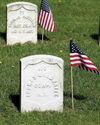
Putting the Pieces Together
Americans needed to begin to put the past behind them, come together, and plan for the future in the spring of 1865. But Abraham Lincoln, the man best equipped to lead them and who had hoped to restore the country as smoothly and peacefully as possible, had been assassinated.
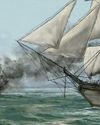
LAST SHOTS
The last Confederate forces in the Civil War didn’t surrender in the spring of 1865 or on a battlefield.
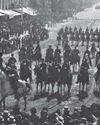
AND IN OTHER 1865 NEWS
A group of African Americans stop at the White House’s annual public reception on January 1, where they shake hands with President Abraham Lincoln.
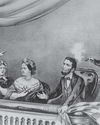
A Plot to Kill President the
For several months, actor John Wilkes Booth’s band of conspirators had plotted to capture President Abraham Lincoln and hold him hostage in exchange for Confederate prisoners.
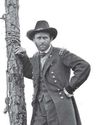
Let the Thing Be Pressed
In June 1864, Union Lieutenant General Ulysses S. Grant began a nearly 10-month campaign in Virginia.
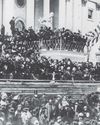
HEALING THE NATION
President Abraham Lincoln took the oath of office for the second time on March 4, 1865.
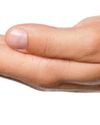
A Helping Hand
The spring season is hard in any agricultural society. Plants and animals are too small to eat.
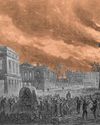
WAR SHERMAN-STYLE
As far as Union Major General William T. Sherman was concerned, the Civil War had gone on long enough.
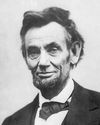
PEACE TALKS
The fall of Fort Fisher made clear that the Confederacy’s days were numbered. Southerners were tired and hungry.
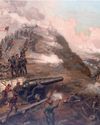
FORT FISHER'S FALL
Outnumbered Confederate soldiers inside Fort Fisher were unable to withstand the approach of Union troops by land and the constant Union naval bombardment from the sea.